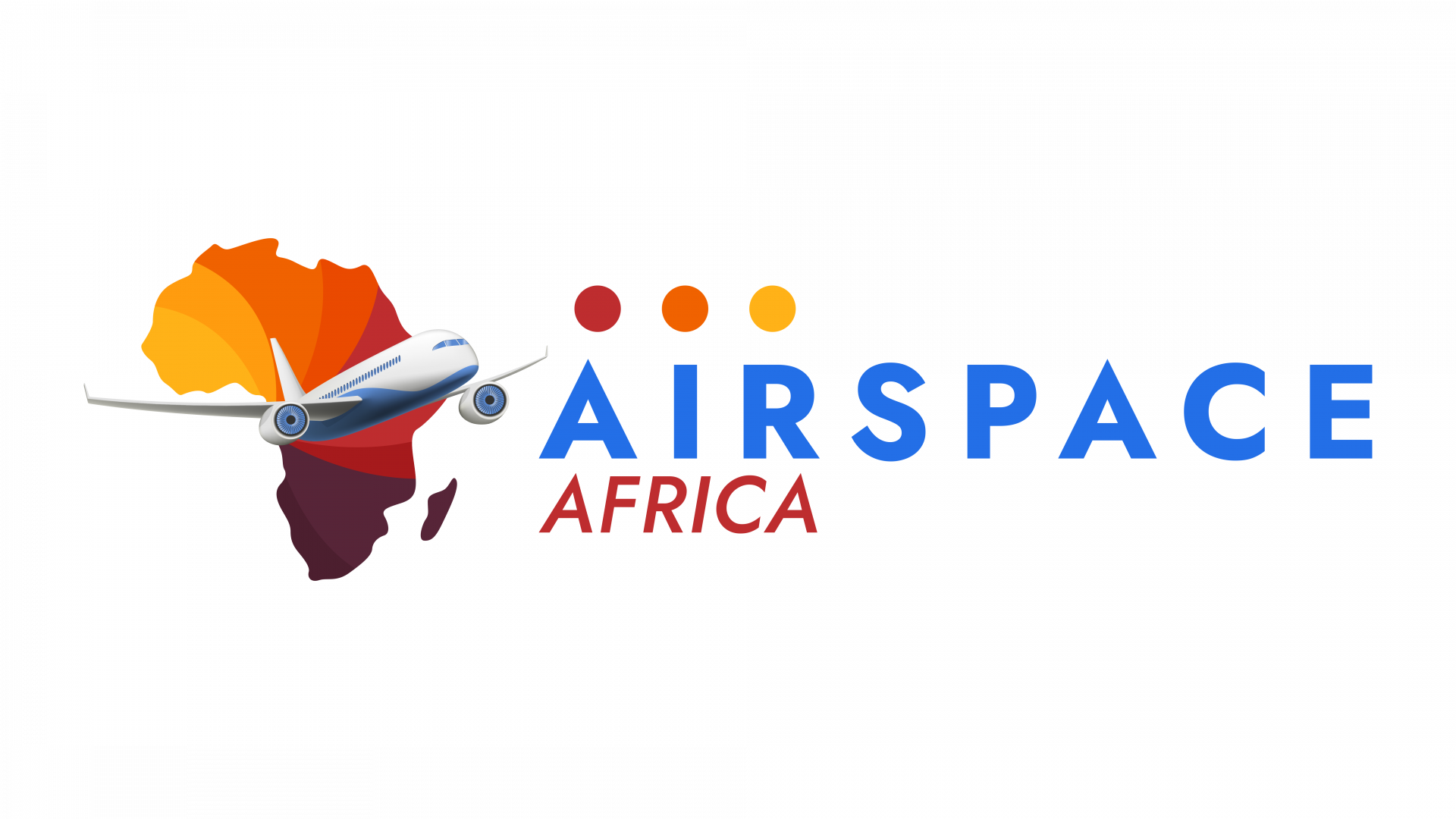Ethiopian Airlines’ Maintenance, Repair, and Overhaul (MRO) division has achieved a new milestone, becoming one of the first facilities in Africa to successfully complete testing on the LEAP-1B engine, the exclusive powerplant of the Boeing 737 MAX.
The Addis Ababa-based facility announced it has achieved Performance Restoration Shop Visit (PRSV1) certification after testing the CFM International engine at its state-of-the-art site. The certification, endorsed by both the Ethiopian Civil Aviation Authority and the U.S. Federal Aviation Administration (FAA), marks a significant leap for the African aviation maintenance industry.
The LEAP-1B engine, first introduced in 2016, powers all versions of the 737 MAX, one of the world’s most widely used narrowbody aircraft. As African carriers expand their fleets with the fuel-efficient MAX, having local capability to perform advanced maintenance is crucial.
Until now, most African airlines operating the 737 MAX had to send their engines overseas, often to Europe or North America for such high-level servicing. Ethiopian MRO’s new capability means airlines can now restore engine performance to manufacturer standards without the cost and delays of overseas shipping.
Mesfin Tasew, CEO of Ethiopian Airlines Group, hailed the development as a milestone for the continent.
“This achievement enhances the global standing of our MRO facility and underscores our commitment to delivering world-class aviation services from Africa,” Tasew said.
The facility already holds approvals from major regulators, including the FAA, EASA, and the Ethiopian Civil Aviation Authority, and services a wide range of aircraft, from Boeing 737s, 777s, and 787s to Airbus A350s. It serves not only Ethiopian Airlines’ fleet of more than 140 aircraft but also other carriers across Africa and the Middle East.
Ethiopian MRO’s new LEAP-1B testing capability positions it as a leading regional hub for advanced engine maintenance, potentially attracting business from African airlines seeking cost-effective, faster turnaround solutions closer to home.
However, challenges remain. Regulatory scrutiny and certification processes may slow the rollout of new services, and established MRO giants in Europe and Asia could respond by enhancing their own offerings to retain African customers.
At the same time, Boeing continues to face production and delivery challenges with the 737 MAX program. These issues may influence the pace of fleet expansion in Africa, and with it, demand for engine maintenance. Still, analysts note that as African carriers diversify and modernize their fleets, the demand for LEAP-1B support is likely to grow.




Comments are closed.